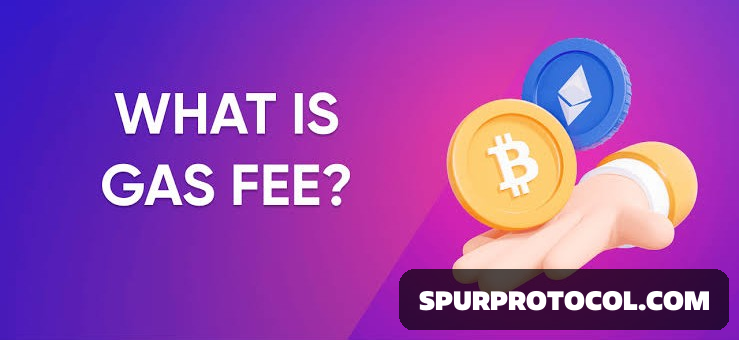What Is Gas Fee?
Gas fees are essential for processing cryptocurrency transactions. Discover why they vary, and what they mean for users.
Go Back
🕒 6:24 PM
📅 Jun 24, 2025
✍️ By ethangeorge
Gas fees are essential for processing cryptocurrency transactions. Discover why they vary, and what they mean for users.
Go Back
🕒 6:24 PM
📅 Jun 24, 2025
✍️ By ethangeorge
Gas fees are transaction fees paid by users to process and validate transactions on a blockchain network, most commonly associated with Ethereum. These fees compensate network participants (miners or validators) for the computational resources required to execute and secure transactions, smart contracts, and other operations on the blockchain.
To illustrate, let's say you have a package you want to waybill to a love one somewhere. If it's through a waybill company, you will be charged a certain amount for the waybill, right?